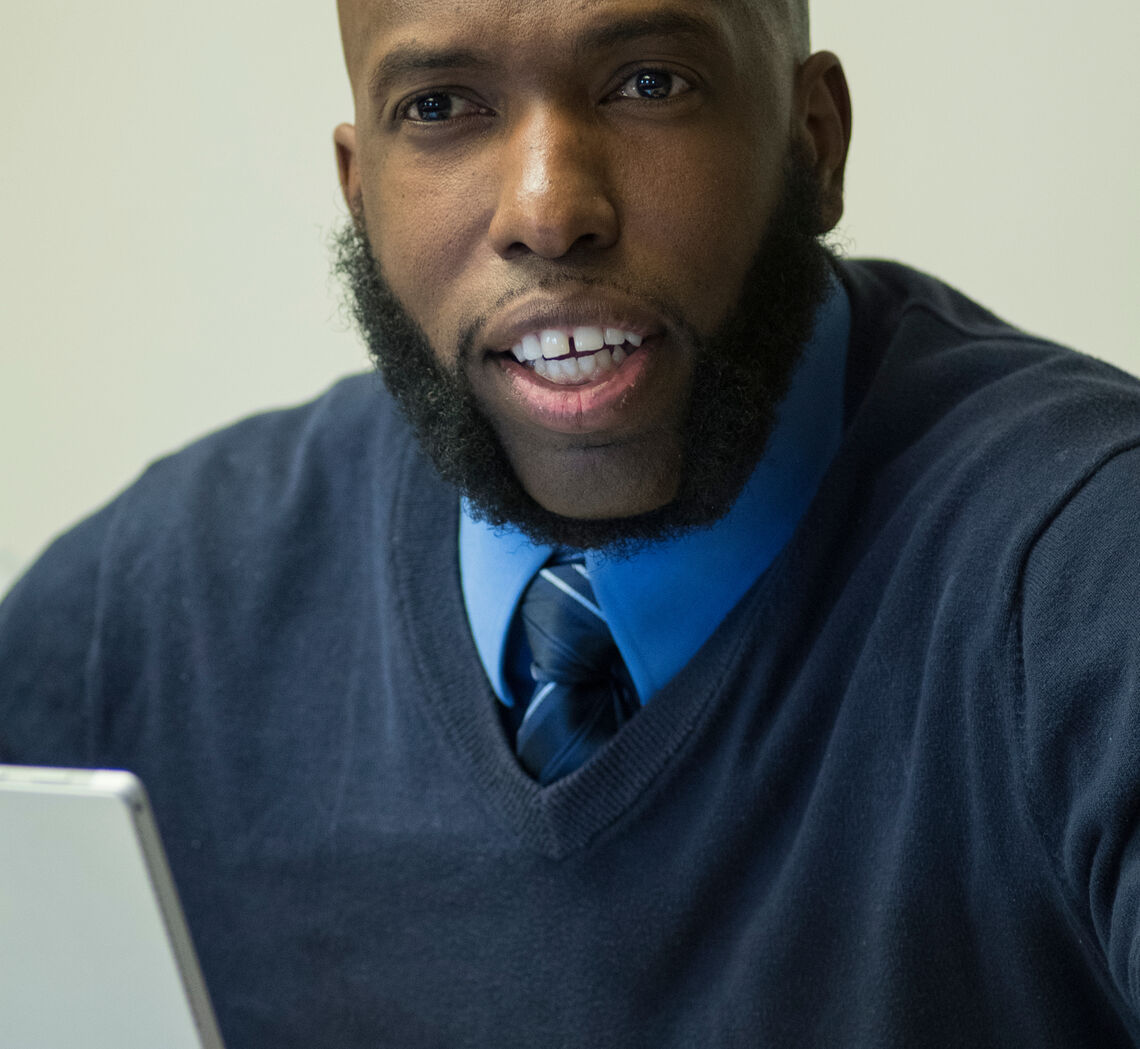• Grid Agenda (pdf) • Open Networking Topics • Participant Roster (pdf) • PEACH Awards •
Plenary Talk (Bryan Dewsbury) • Poster Abstracts • Tech Tips • Virtual Lounge (Webex link) •
• Working Groups • Working Group Assignments (pdf) • Parking Lots • PNM Home Page • Recordings from PNM
Considering Equity in the Higher Education Classroom
Zoom Link:
https://us02web.zoom.us/j/81836372801?pwd=YzZxUlpSZUNWbVJUSURjaXlWWHlTdz09
View the recordingof the talk at:
https://vimeo.com/559657228
Education provides opportunities that extend beyond content mastery. It is the space within students cultivate power and agency to civically engage democratic society. In this talk, we will discuss equity pedagogies that extend beyond 'teaching content' to fully realize the possible outcomes from inclusive environments.
 2018 The University of Rhode Island/Nora Lewis
2018 The University of Rhode Island/Nora Lewis